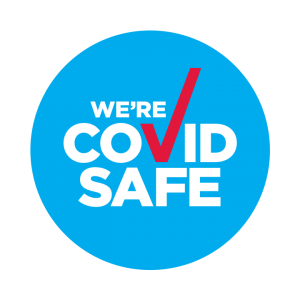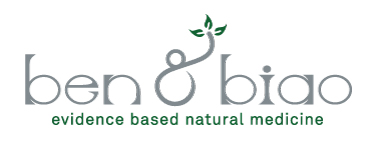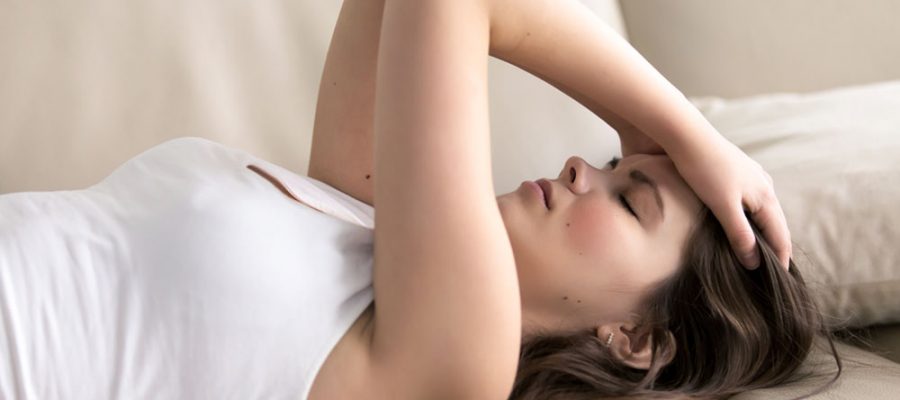What is depression?
Depression, anxiety and other mental illnesses affect 1 in 5 Australians with depression affecting 1 in 20 people. Traditionally, treatment has involved medication, counselling or no treatment just ‘grin and bear it’.
People suffering depression know the debilitating symptoms which can include feeling overwhelming sadness, nervousness, hopelessness, restlessness, lethargy and/or tired. Each day it can be a challenge to get out of bed.
Depression can disrupt our sleep, affect our appetite and digestive processes, erode enjoyment of life, and threaten our relationships.
We are not sure what causes this serious disease but generally, depression is not the result of a single event, but from a combination of recent events and other longer-term or personal factors such as family history, personality, serious medical illness, long-term stress, emotional trauma, drugs and alcohol use and nutritional imbalances/insufficiencies.
How can Acupuncture help?
Multiple pathways seem to be involved in the mechanism of action of acupuncture, and these mechanisms may work together to produce the antidepressant effects of acupuncture.
Various kinds of evidence shows that acupuncture might be beneficial for treating depression via modulation of chemical balances within the central nervous system, and the neuro-immune system.
For example, one of the major predisposing factors for depression is stress exposure. When our bodies are subjected to stress it alters the chemical balance in our body, (in particular the HPA Axis). Restoration of this chemical balance is crucial for recovery from depression.
Studies have shown the acupuncture modulates the HPA axis and this is one of the theories as to why it can be effective.
Recent systematic reviews of published literature suggest that acupuncture combined with antidepressant medication is effective, has an early onset of action, safe and well-tolerated. Moreover, this treatment combination appears to result in greater therapeutic efficacy than by pharmaceutical treatment alone.
This is important because between 50-60% of patients with depression do not fully respond to medication. Many find the side-effects unpleasant so discontinue their use. When combined with acupuncture there is the potential to get a faster reaction, and to use less of the medication thus lessening these potential side-effects.
Electro-acupuncture, (EA), has been shown to be more effective than manual acupuncture alone. It has been shown to work faster, give a better response rate and better improvement than Prozac and can be safely administered with very little chance of side-effects.
EA has been shown to restore an important neuroprotective protein (GDNF), found to be reduced in depressed patients, back up to normal levels.
We love working alongside other members of your healthcare team such as your counsellor, psychologist/psychiatrist and GP to ensure you get the best care suited to your needs.
We often get referrals from just such health practitioners, but if you are not under such care already, it’s a good idea to see your GP or ask us for a referral as we believe having a good team to support you will improve your potential outcome.
Goals of Acupuncture treatments
To reduce the intensity, frequency and/or duration of your symptoms so that you feel able to function better physically and emotionally at home, at work and in social situations.
Many of our patients report the calming effect that their acupuncture treatment has, allowing them to relax and even fall asleep.
How many treatments?
Everyone is different, so a treatment course will be determined and discussed with you as part of your initial consultation. Remember it is likely that this disease took time to develop. It will take time to heal. We will discuss realistic goals with you.
Following the first visit, we provide our clients with a clear Treatment Plan which sets out our agreed treatment aims and how we plan to get you there.
We will also provide you with a cost outline and available options.



